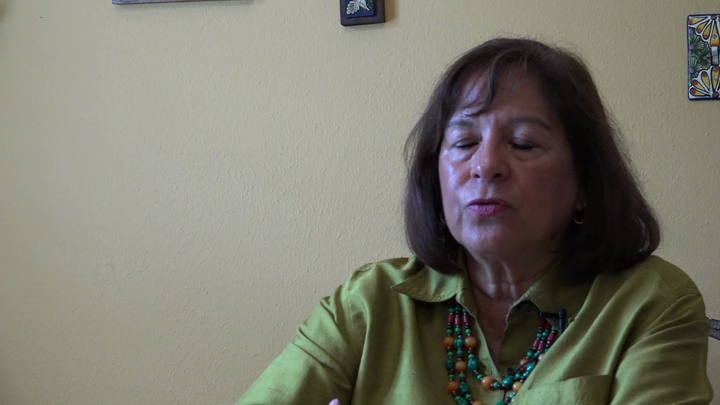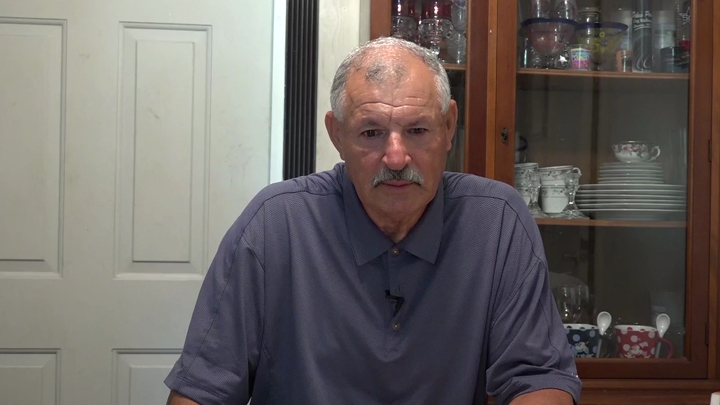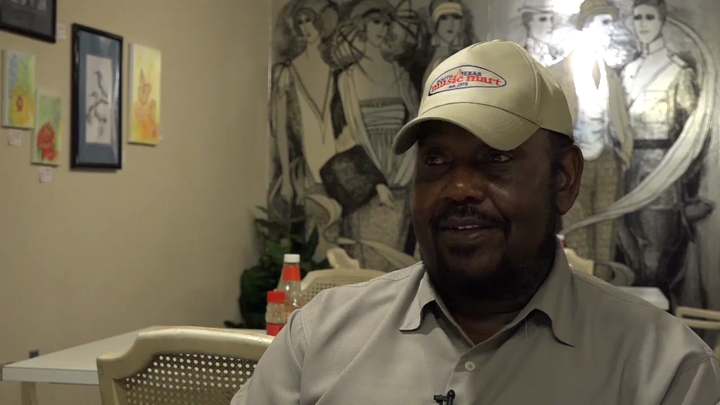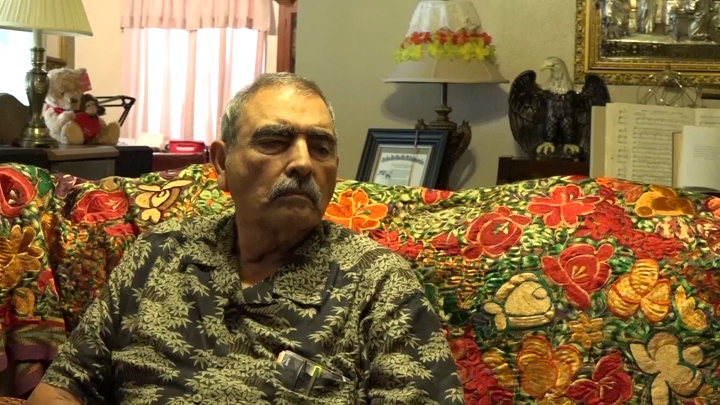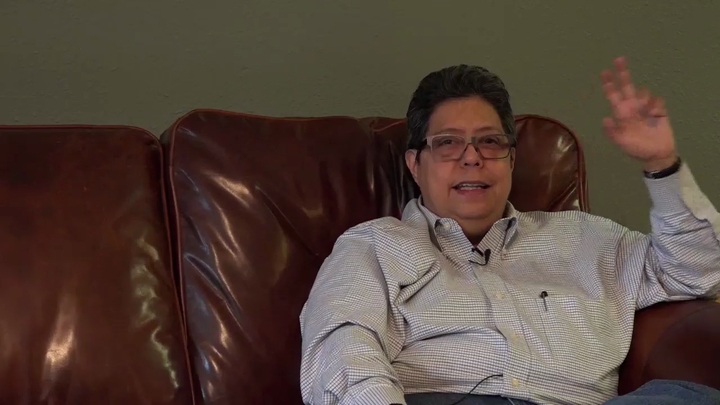Luthuli-Allen / What does Civil Rights Mean to You
sign up or sign in to add/edit transcript
Interviewer: We wanted to ask, what does civil rights mean to you? Lituli-Allen: Historically, civil rights are basically constitutional rights. Basically, what’s contained in the bill of amendments. Everything from freedom of assembly, freedom of speech, accommodations. Even amendments with rights to conceal weapons. The one that’s the most important one of those to me is the Fourteenth Amendment, and that is the due process. I think the Fourteenth Amendment is the most important amendment to me personally, but civil rights are those that are given by the Constitution. They basically come from the contract between the people and the government. I think that what happened with the black liberation struggle is that civil rights morphed into a higher form and that was human rights. That was that there are certain rights that are transcendent to governmental rights and those are basically human rights. Which was one of the efforts that we started during the sixties was to expand the debate to human rights. Therefore, is that a lot of the quest that we have is that we find that quest to the world community and not the United States government community. So, we take a lot of our causes to the UN and say that these are human rights that are, in fact, being denied, trampled over, trampled on, transgressed, or whatever. Civil rights are part of the fight for human rights. Healthcare usually hadn’t been defined as a civil right, but it is a human right and we think that unless you can marry the question of healthcare, you can marry the question of employment, you can marry the question of non-discrimination based upon race, creed, sexual orientation, disability, unless you can marry that to the fight for civil rights, that none of it begins or makes any sense. That its really an organic unity between what the Founding Fathers and the subsequent Congresses have put in the Bill of Rights through the twenty-one, twenty-two amendments, that you have to talk about the question of human rights. What had happened by the time that I finished college was that civil rights were a fight for democratic rights. There was incomplete democracy, there was democracy through the Civil Rights Act of 1964 and 1965, but the democracy was incomplete. So now, civil rights and human rights represents the fight for complete democracy. Part of that complete democracy means that the question of inequality related to the right to a livable wage. So now, it means that it’s expanding the definition of what we fight for in civil rights. So, if the janitors, if the McDonald’s workers, if the Walmart workers who are also receiving food stamps, who are also marginalized because they don’t really make enough money to take care of their families. In a society like this, that guarantees some level of equality to all of its people, it means that that also falls on a democratic right because we are talking about equity.
| Interview | Interview with Omowale Luthuli-Allen |
| Subjects | Law and Public Policy › Civil Rights Act of 1964 |
| Tags | sign up or sign in to add/edit tags |
| Interview date | 2016-06-17 |
| Interview source | CRBB Summer 2016 |
| Interviewees | Luthuli-Allen, Omawale |
| Duration | 00:05:50 |
| Citation | "What does Civil Rights Mean to You ," from Omawale Luthuli-Allen oral history interview with , June 17, 2016, Civil Rights in Black and Brown Interview Database, https://crbb.tcu.edu/clips/3451/what-does-civil-rights-mean-to-you, accessed February 23, 2026 |


